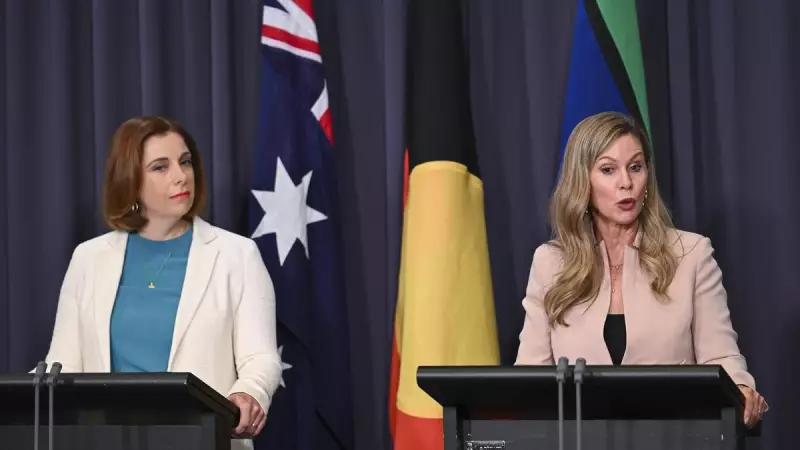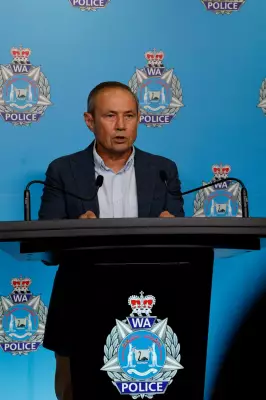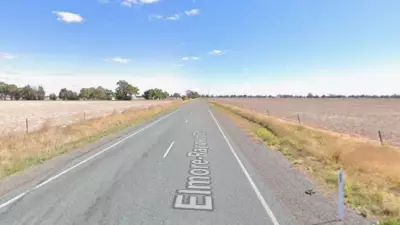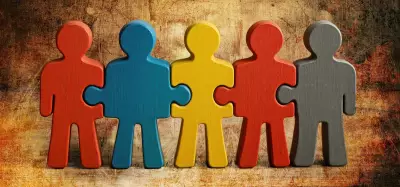
Australia's Landmark Social Media Ban Approaches
With just one month remaining until Australia's groundbreaking social media ban for under-16s takes effect, parents are being encouraged to have crucial conversations with their children about the impending changes. The federal government's December 10 implementation date will see significant restrictions placed on young Australians' access to popular digital platforms.
Government Stance and Mental Health Support
Communications Minister Anika Wells has made it clear that the ban is non-negotiable, emphasizing that parents cannot provide consent for their children under 16 to use the affected platforms. "I want parents to have the ability to tell their children 'it is against the law for me to let you use this platform'," Minister Wells stated.
Recognizing the potential emotional impact, the government has collaborated with mental health organizations including Beyond Blue and Headspace to develop supportive resources. eSafety Commissioner Julie Inman Grant revealed that mental health experts helped craft "very empathetic language" for public guidance materials.
Beyond Blue CEO Georgie Harman acknowledged this represents a "big shift" that could prove "unsettling and challenging for young people," while Headspace's chief clinical officer Vikki Ryall encouraged open dialogue between young people and adults.
Platform Responsibilities and Age Verification
From December 10, nine major platforms will be prohibited for Australian children under 16: Facebook, Instagram, Snapchat, Threads, TikTok, X, YouTube, Kick and Reddit. Commissioner Inman Grant warned this is a "dynamic list" that could expand before implementation.
Social media companies face substantial penalties of up to $49.5 million if they fail to take "reasonable steps" to prevent underage access. Platforms must implement multiple age verification methods without relying solely on government ID submission. Alternative approaches may include analysis of behavioral patterns, language use, emoji usage, facial and voice recognition, and other data signals.
Companies are also required to establish appeals processes for users wrongfully removed and are considering technical solutions such as freezing account data for users approaching 16, allowing reactivation on their birthday.
Ongoing Concerns and International Attention
Opposition Communications spokeswoman Melissa McIntosh has raised concerns about unanswered questions regarding data storage and specific age verification technologies. "I think the Government's letting Australians down. Where does their data get stored? We don't know which age verification technology is going to be used," Ms McIntosh stated.
Experts have flagged potential workarounds including VPN usage and migration to alternative platforms. Commissioner Inman Grant has urged parents to report children who successfully create accounts on banned apps and has asked platforms to monitor for spikes in user registrations.
The ban has attracted international attention, with University of Sydney Professor Terry Flew describing it as a "path-breaking measure" that other nations are likely to follow. "While Australia is the first to adopt such restrictions, it is unlikely to be the last," Professor Flew noted.
Exemptions currently apply to online gaming platforms like Roblox and Discord, along with standalone messaging apps including Facebook Messenger and WhatsApp, though these could be subject to regulation if they add social media features.
Minister Wells has reframed the initiative as a "delay" rather than a ban, emphasizing the government's goal to protect children during their developmental years. The eSafety Commission will conduct ongoing monitoring of "unintended consequences" including changes in sleep patterns, physical activity, and social interaction.
Parents are directed to the eSafety Commission's website for comprehensive resources to help navigate this significant digital transition with their children.





